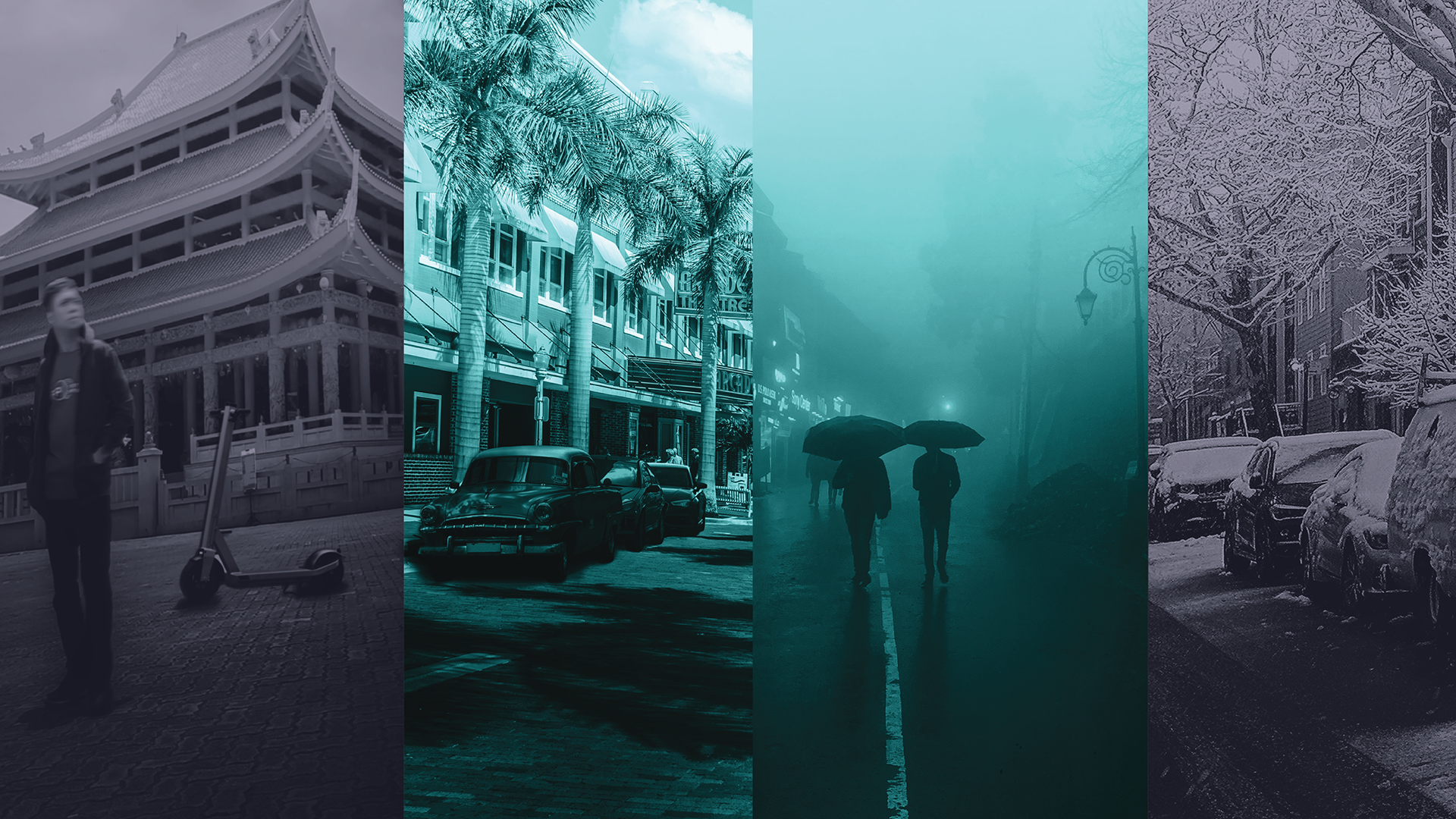Valeo Schalter und Sensoren GmbH
Valeo is an automotive supplier, partner to all automakers worldwide. As a technology company, Valeo proposes innovative products and systems that contribute to the reduction of CO2 emissions and to the development of intuitive driving. In 2019, the Group generated sales of 19.2 billion euros and invested 13% of its original equipment sales in Research and Development. Valeo has 190 plants, 20 research centers, 43 development centers and 15 distribution platforms, and at June 30, 2020 employed 102,400 people in 33 countries worldwide.
Valeo is today the world's leading supplier of sensors for driver assistance. Since the 1980s, Valeo has been developing sensors for driver assistance in the fields of ultrasound, radar, lidar, cameras and laser scanners.
Valeo maintains its own network of research sites (DAR - Driving Assistance Research) in Paris, Kronach and San Francisco. In 2017, Valeo created the Valeo.ai research centre in Paris, which is the first research centre in the field of AI and machine learning for ADAS and autonomous driving. Valeo also collaborates with universities and finances a number of doctoral theses.
Referring to the KI Delta Learning project, Valeo contributes its expertise in algorithms for sensors, ultrasound, radar, lidar, cameras and laser scanners. Valeo is particularly active in the fields of artificial intelligence and testing and validation. Here, particularly in the field of laser scanners and cameras, research into new sensor technologies is being carried out which will be used for sensor technologies after 2020.
Valeo's main focus in this project is to study the impact of using different sensor systems, with a focus on lidar and camera, in different scenarios (e.g. day and night), on the performance and capabilities in terms of domain adaptation of models. Furthermore, the processing and modification (augmentation) of real and synthetic data to improve the quality of models using different approaches to augmentation (classical, GANs). Data acquisition with a variety of sensors in different environments, with annotations created in different ways. Finally, studies towards the implementation of models on embedded hardware with focus on quantization and pruning to reduce and accelerate neural networks.
